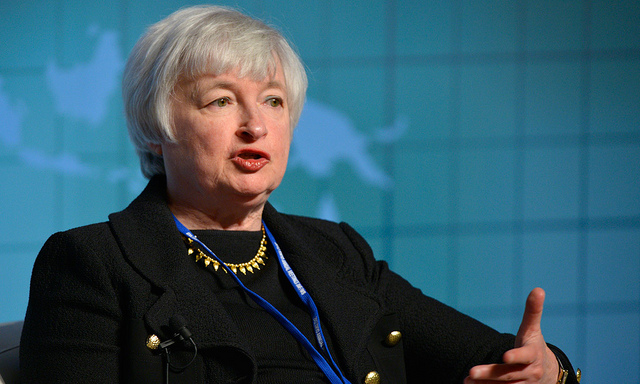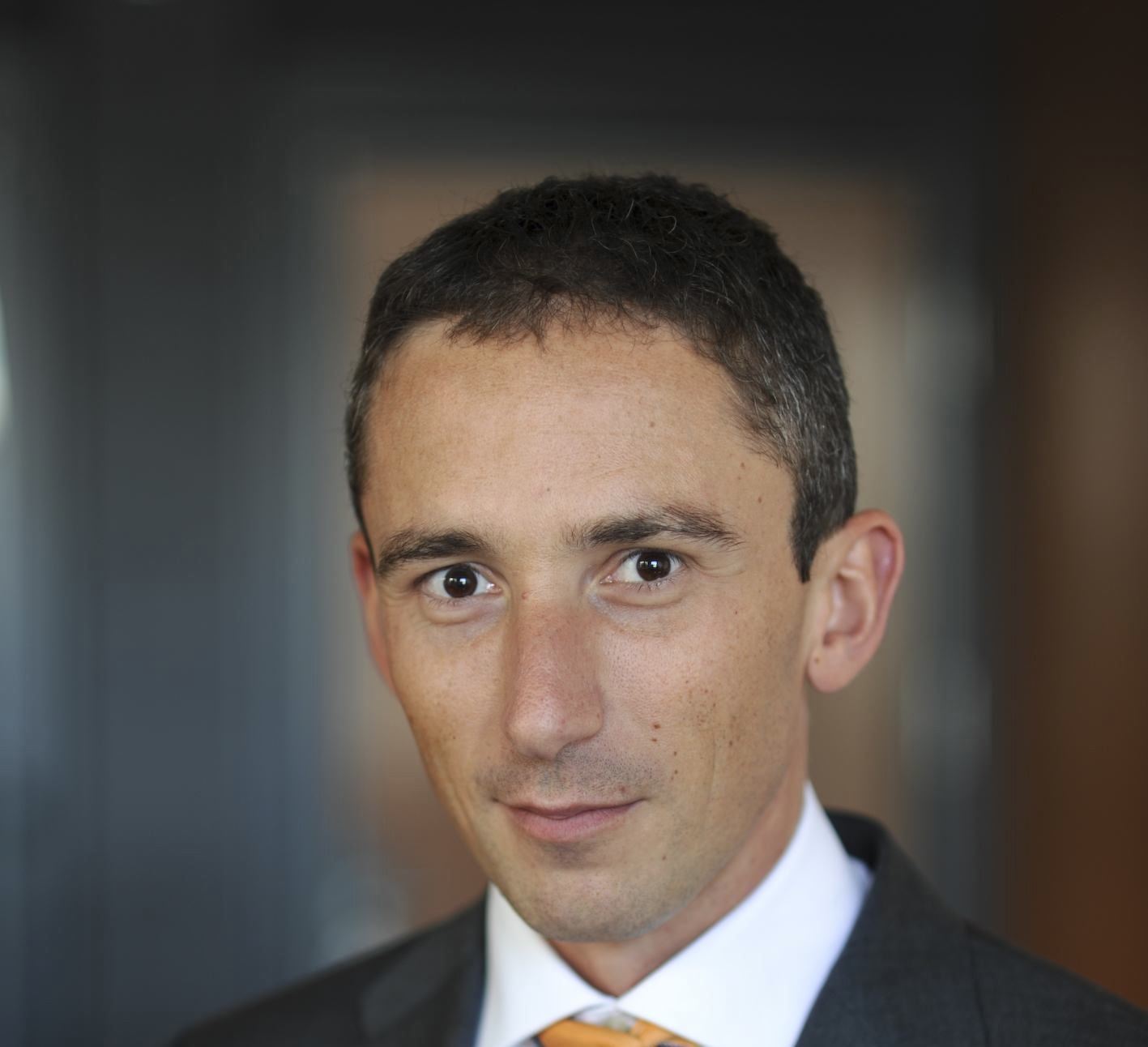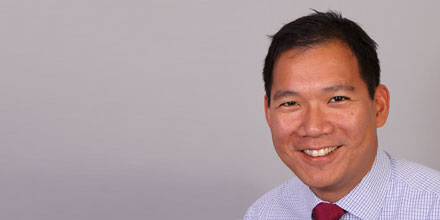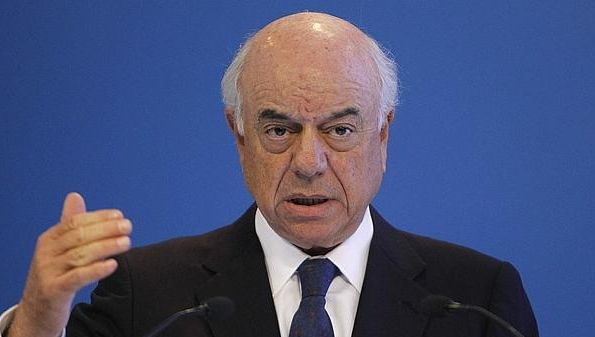Rate Hike in the US: the Arguments and the Effect
| By Fórmate a Fondo | 0 Comentarios

There are clear indications that the Federal Reserve is going to raise interest rates for the first time in more than nine years this September. Kommer van Trigt, manager of the Rorento Total Return Bond Fund, looks at the arguments for and the likely effects of a rate hike.
The Fed is on course to raise rates in the autumn. In mid-June, Fed chair Janet Yellen stated that thanks to the strengthening economy there is room to raise the federal funds rate. This official interbank rate currently stands at an all-time low of 0.125%. She also made it known that in future rates would rise less rapidly than the Fed had originally anticipated.
In a normal cycle, rising inflation and the threat of an overheated economy resulting from too high a growth rate often trigger an interest rate hike. At the moment this is certainly not the case. In the last three years, core inflation in the US has fluctuated between the one and two percent level and since 2010, economic growth has moved in a bandwidth of one to three percent.
In previous cycles, economic growth was around four percent at the point when the Fed implemented a first rate hike. On the basis of those figures, a rate hike seems by no means a necessity. That makes you wonder why Yellen alludes with such certainty to a rate hike after the next Fed meeting in mid-September.
Building up weapon reserves
“One important reason for a rate hike is that the central bank want to build up its weapon reserves for the future”, explains Van Trigt. “If the US economy falls into recession, there is currently no room whatsoever for a further rate cut. The Fed wants to ensure that it does not have to rely on taking a whole range of unorthodox steps in such a scenario.
What Yellen also wants to prevent is a repeat of the so-called ‘Taper Tantrum’ of 2013, when a wave of selling engulfed the bond market after former Fed chair Ben Bernanke alluded to higher rates. “There is a much better chance that financial market stability will remain intact if the increase in interest rates takes place gradually, and if the market is made aware of the Fed’s plans”, explains Van Trigt to clarify this second argument for raising rates without it being economically necessary to do so.
In such a scenario, fixed income markets at least have plenty of time to come to terms with the idea of a rate hike and up to now the central bank has been pretty successful in managing market expectations. According to Van Trigt, this scenario is not without its dangers, however: “A rate hike is approaching, but the market is only pricing in a minimal rise of 12.5 basis points in September and 25 basis points in the months that follow. If these rate hike steps occur earlier than planned this could have a major impact on the prices of short-dated paper.”
Vulnerable market segments
The approaching rate hike in the US is the reason why we have reduced Rorento’s exposure to those segments of the bond market where this can hit hardest. “The fund is still invested in US bonds, but its interest rate sensitivity (duration) for bonds with a maturity of seven years or less has been brought back to zero”, says Van Trigt. Another part of the bond market that is vulnerable to rising US rates is emerging market debt.
There are better prospects for short-dated Australian bonds, given that the central bank there is still busy cutting rates. “By cutting back the duration for short-dated US paper and overweighting Australian bonds, we have ensured that Rorento is as well-positioned as it can be to cope with any negative effects of rising rates in the US”, summarizes Van Trigt.












